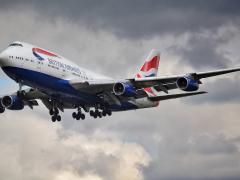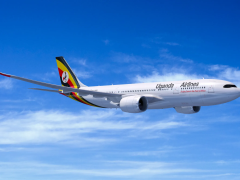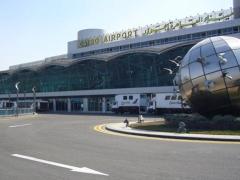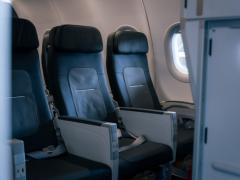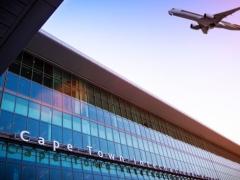More than 60% of respondents in a recent Travel News poll believe that South Africa has sufficient passenger demand to sustain a new low-cost carrier (LCC) in the domestic market. However, experts question whether the real issue might not be whether the market needs a new airline – but whether it needs lower fares.
In light of Mango’s failed business rescue attempt, Travel News asked industry leaders whether the South African market could realistically sustain another carrier. Aviation experts commented that any new entrant would need to be an LCC, given that South Africa was a budget-conscious market. Yet many doubt there’s enough domestic demand to support it.
Others argue that a new airline could bring competition, drive down fares and stimulate growth in leisure, business and domestic travel.
According to Belinda Bronner, Operations Manager at Corporate Traveller, the South African market shows significant potential. Corporate Traveller’s internal sales data reveals a 50/50 split between LCCs and full-service carriers for domestic travel.
“This indicates a balanced and robust demand for low-cost air travel and suggests there's room for another LCC, especially if it can differentiate itself through route selection, customer experience, customisable fare options and competitive pricing,” said Bronner.
She explained that a new entrant would improve competition in the market, stimulating air travel, domestic tourism and the broader economy.
Bronner said the LCC model was particularly suited to the South African market due to its unbundled fare structures, which can serve all types of travellers while keeping airfares affordable.
Are fares already fair?
Jonathan Gerber, CEO of Tag Travel, disagrees and said that South African airfares were already very competitive in comparison to global benchmarks, and that the market was well served, with decent airfares and regular frequencies.
“I get that people want to travel cheaper, but the solution to this is to plan ahead and be prepared to take last-minute specials. If travellers planned better and more in advance, travel agents wouldn’t be under the same pressure,” said Gerber.
Bronner argues that while the South African market is price-sensitive, there is a growing middle class which is seeking more affordable travel options. By increasing market competition with a new LCC, the market could see potentially lower fares, providing more travel options for consumers and offering accessibility to air travel for a broader population segment.
Gerber disagreed, saying that the segment’s growth was too slow to support another airline. “The reality is that our market can only sustain so many players. Every time a new entrant enters the market, they either go under or they take someone else down. One just has to look at the various airline carcasses lying around (over) the last two decades to see just how fragile this market is for a new or even established entrant.”
Challenging environment
Gerber explains that airlines in South Africa face a uniquely difficult operating environment. This is largely due to many of airlines’ costs being priced in US dollars, including aircraft and fuel, however, this is also due to “radical seasonality”, unique to the domestic South African market.
“Johannesburg to Cape is a golden route domestically, but this route suffers during the winter season, from April to September. Airlines are forced to reduce frequency to Cape Town during this season, so their planes stand on the runway unused. On top of this, fares are generally lower to try and stimulate demand so the airlines take a big smack on the chin. The rest of the year often has to help to subsidise these months,” explained Gerber.
He said this seasonality could prove detrimental to new entrants, and remained an ongoing challenge and threat to profits for current airlines in the market.
“You don’t have to look too far back to see just how competitive, cut-throat and unviable the airline industry is in South Africa with too many players. My view is that less is more. I think a new entrant would create ructions in the market and that ultimately would lead to someone going out of business,” said Gerber.

